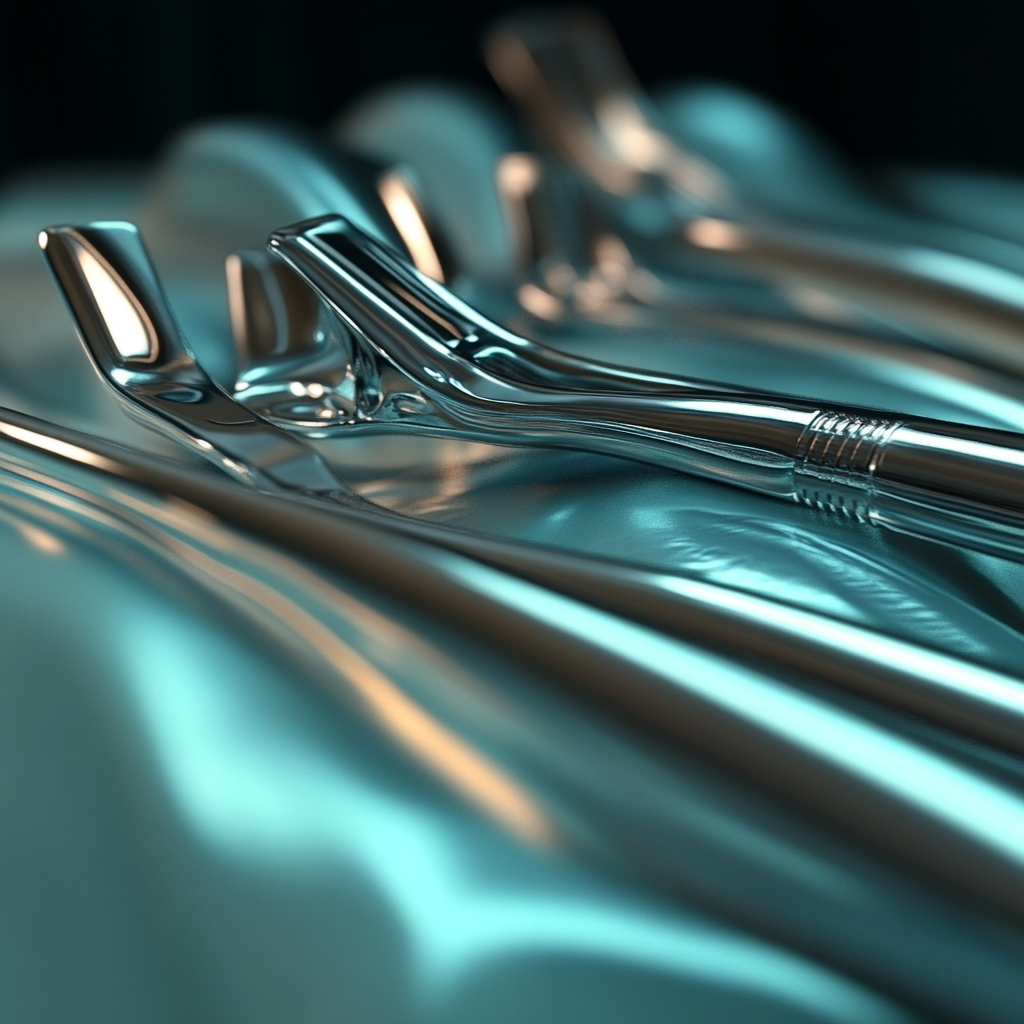Lasers Med Sci. 2025 Jun 25;40(1):300. doi: 10.1007/s10103-025-04548-y.
ABSTRACT
BACKGROUND: Peri-implantitis is a progressive inflammatory condition leading to bone loss around dental implants, posing challenges to implant longevity. Conventional mechanical debridement often proves insufficient due to persistent biofilms and complex implant surface morphology. This study evaluated the efficacy of rose bengal-mediated antimicrobial photodynamic therapy (a-PDT) as an adjunct to mechanical debridement in managing peri-implantitis.
METHODS: A single-blinded, parallel, randomized controlled trial was conducted in the Periodontology Department of Saveetha Dental College and Hospital, Chennai. Forty-five participants diagnosed with peri-implantitis were randomly assigned into three groups: Group A (mechanical debridement alone), Group B (mechanical debridement with methylene blue-mediated a-PDT), and Group C (mechanical debridement with rose bengal-mediated a-PDT). Clinical parameters [plaque index (PI), gingival index (GI), pocket depth (PD), and crestal bone loss (CBL)], microbiological analysis (Porphyromonas gingivalis count), and biochemical analysis [interleukin-6 (IL-6) levels] were assessed at baseline and after three months. Statistical analysis was performed using ANOVA and Tukey post-hoc tests.
RESULTS: Group C demonstrated the most significant improvements in clinical parameters, with greater reductions in gingival index (0.59 ± 0.10; p = 0.000), pocket depth (1.87 ± 0.13 mm; p = 0.000), and crestal bone loss stability (1.68 ± 0.15; p = 0.002). Rose bengal-mediated a-PDT also achieved the highest reduction in P. gingivalis counts and IL-6 levels, with statistically significant differences compared to the other groups (p = 0.000).
CONCLUSION: Rose bengal-mediated a-PDT, combined with mechanical debridement, showed superior efficacy in managing peri-implantitis by significantly improving clinical, microbiological, and biochemical outcomes. This approach presents a promising adjunctive therapy for enhanced peri-implantitis management.
PMID:40560211 | DOI:10.1007/s10103-025-04548-y
